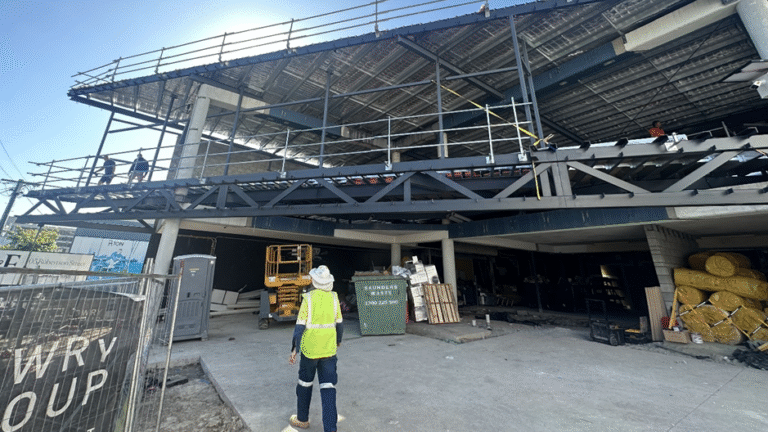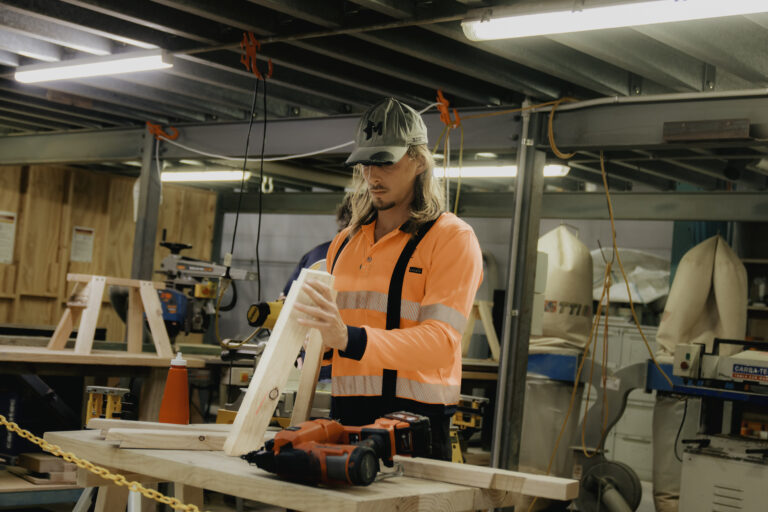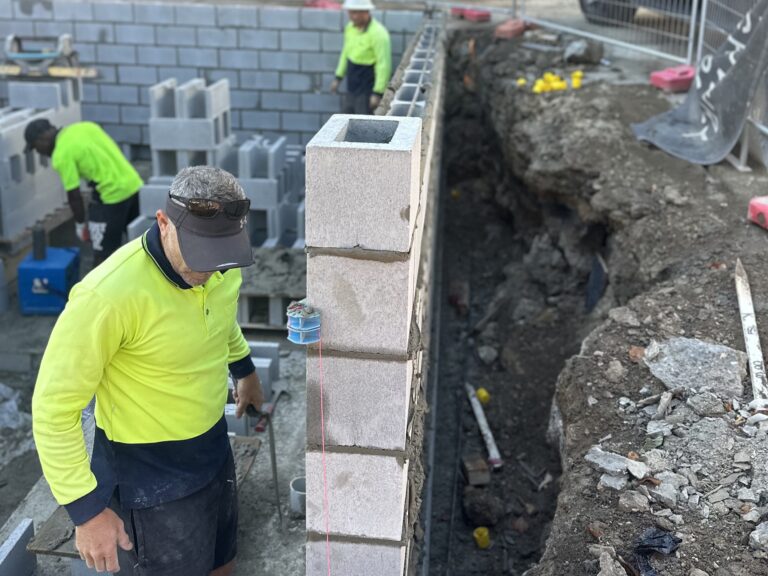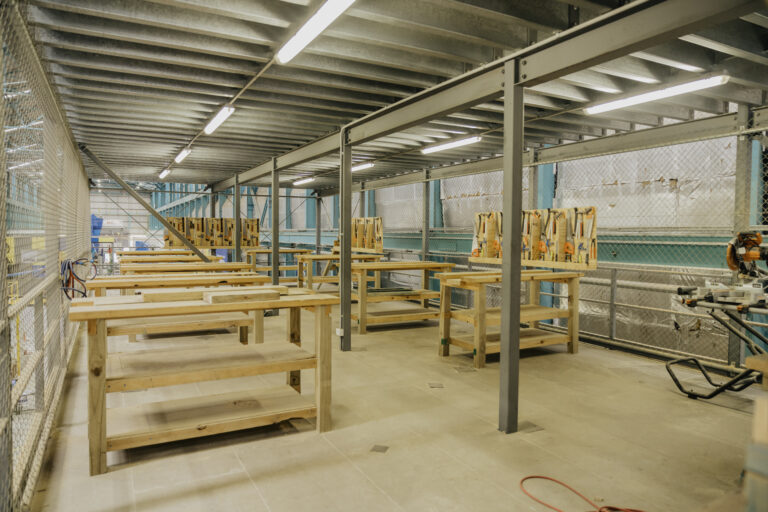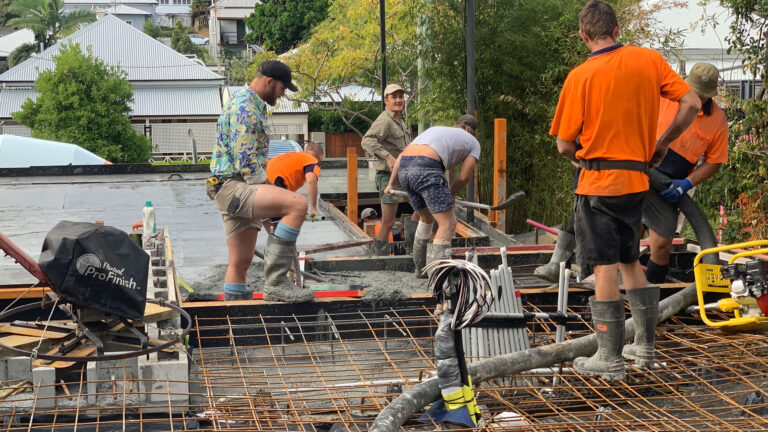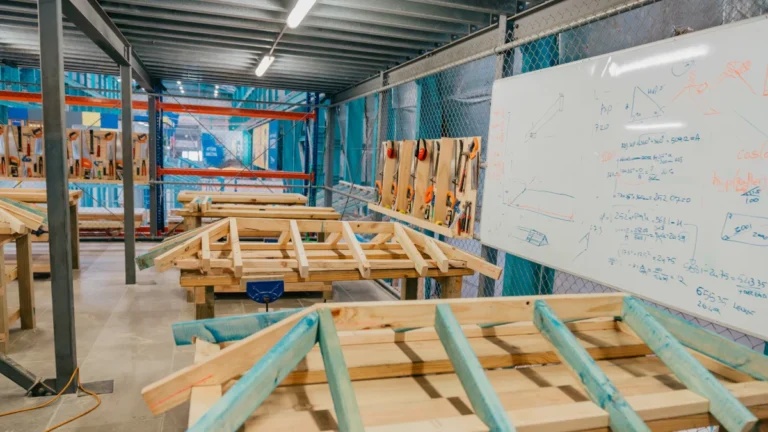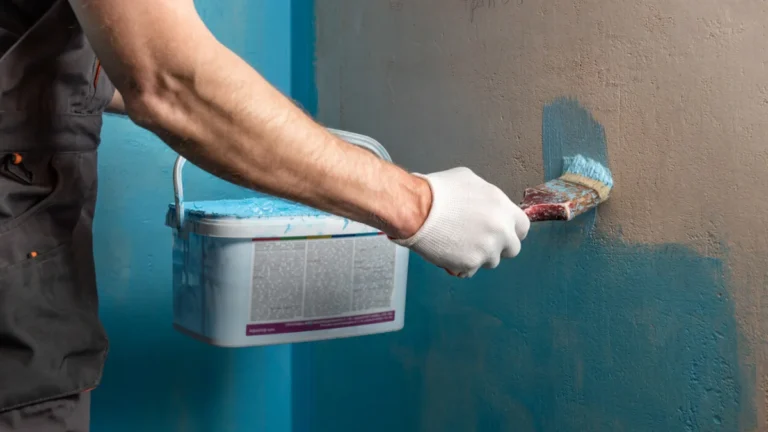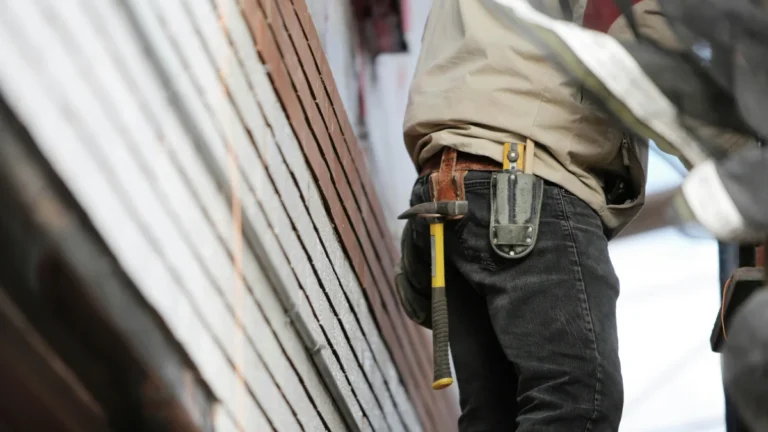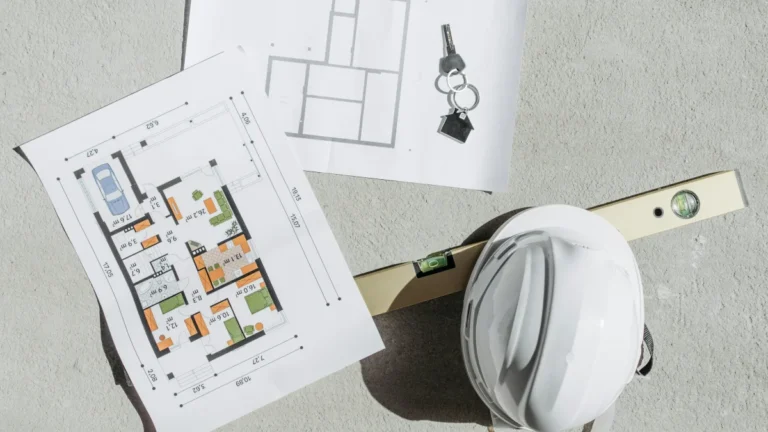Introduction
For tradespeople operating in New South Wales (NSW) and Queensland (QLD), obtaining the appropriate licensing is not just a formality; it’s a vital component for the legality and credibility of your business. With complex requirements, forms to fill out, and varying regulations between states, the process can be confusing and time-consuming. That’s where we come in. We assist you in preparing project portfolios, reference statements, and guide you through the nuances of construction licensing so you can focus on what you do best—your trade.
Value of Work
The financial threshold for requiring a contractor’s licence varies between NSW and QLD. For example, in NSW, you’ll need a contractor licence to do residential building work worth more than $5,000, including labour and materials. In QLD, the limit is $3,300. Knowing these limits is essential for operating within the law and maintaining your business’s reputation. Please also note that splitting contracts for labour and materials does not avoid a licence. Similarly, with progress claim invoices, even though they may be issued separately, it’s the total cost over the life of the project.
Home Warranty – How Does It Apply in NSW and QLD?
Home Warranty Insurance, or Home Building Compensation Fund in NSW, is mandatory for specific kinds of work. In NSW, any residential project costing over $20,000 requires such insurance. QLD follows similar rules but under the Queensland Home Warranty Scheme. Failing to comply with these requirements can result in penalties and could compromise your licence. We’ll ensure you understand when Home Warranty applies to your trade, allowing you to secure appropriate coverage.
Advertising
When advertising your services, you must include your contractor licence number; this holds for both NSW and QLD. Inclusion of your licence number not only complies with regulations but also builds trust with potential clients. We can guide you on the best practices for advertising your licensed business.
No Licence, No Pay
Operating without a licence in NSW and QLD is illegal, and it severely impacts your capacity to enforce payment claims for the work performed. Simply put, no licence means no legal standing to demand or receive payment. Our services help expedite the licensing process, ensuring you never face this predicament. This can apply whether you are subcontracting to a builder or owner directly.
Site Supervision and RTO Referral Network
Having the right site supervisor with the proper credentials is crucial. We can connect you with our Registered Training Organizations (RTO) referral network to make sure your supervisors meet the necessary qualifications for your projects in NSW and QLD. If you personally are also supervising projects, you should be keeping records if you want to upgrade your licence in the future.
The Importance of Contracts and Subcontracts
Operating with clearly defined contracts and subcontracts is integral to the success and legality of your projects. These documents lay out the scope of work, payment terms, and other crucial details that protect both parties. Moreover, they are essential for compliance with licensing laws. Having a proper contract in place can save you from potential legal disputes and reinforce your professional credibility.
Business Structure – Operating Business through a Company/Partnership/Trust
Your choice of business structure, whether it’s a sole trader, partnership, company, or trust, will have implications on tax, liability, and even the type of licence you require. We offer guidance on the best structure to suit your specific business needs and help you navigate the licensing differences for each.
Example of Licence Classes
Licence classes can differ dramatically between NSW and QLD, ranging from general building work to specialized trades like carpentry, plastering, tiling, waterproofing, structural landscaping etc. Understanding which licence class is right for you is vital, and we can help clarify these categories.
Conclusion
With all the regulations, forms, and procedures, obtaining the correct trade licences in NSW and QLD can seem like a daunting task. Our comprehensive services make the process seamless and tailored to your trade and specific needs. Don’t navigate this complex landscape alone; let us guide you every step of the way.
Contact us now for your free licensing consultation with one of our trusted specialists.




